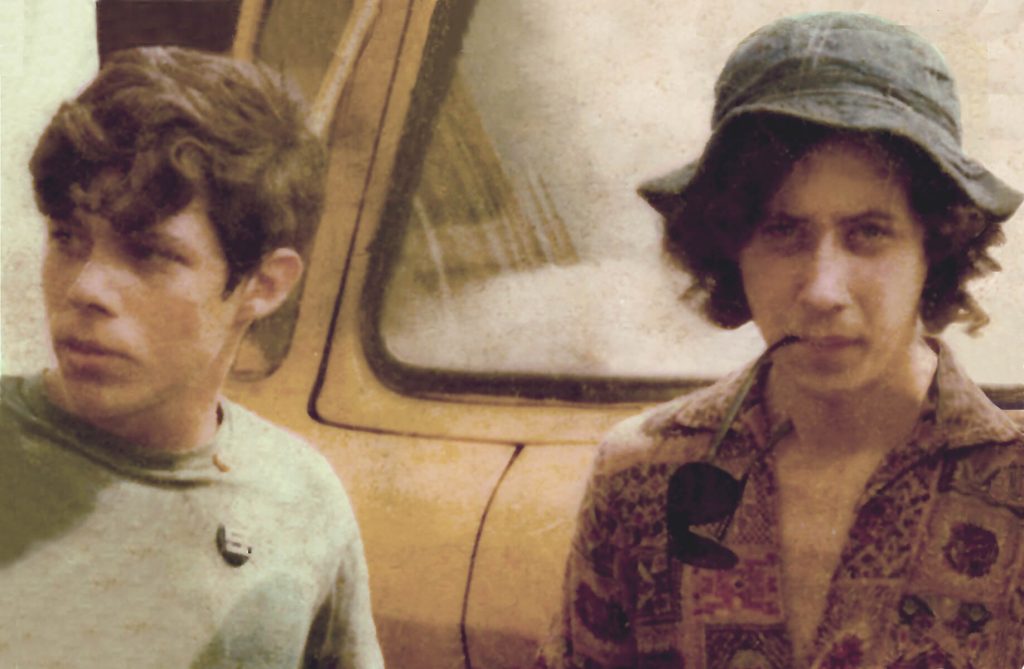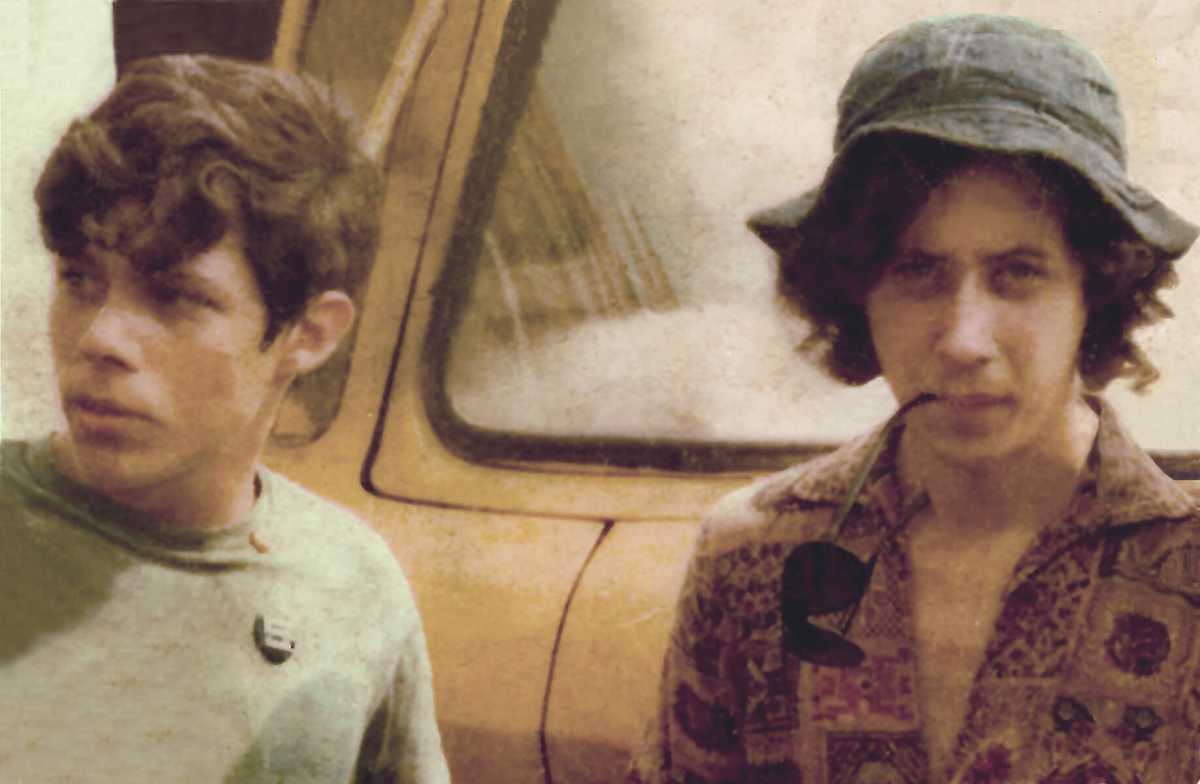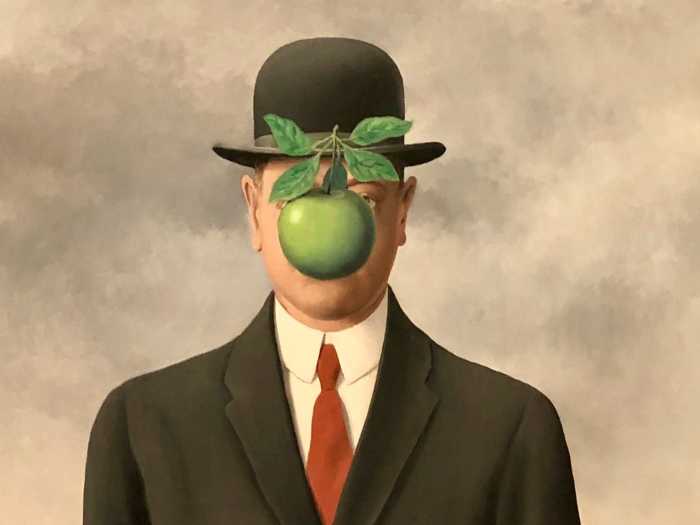BY HARRY PINCUS | The passage of years is relentless in the human scheme, and it’s hard to believe that 50 have passed since that frozen tip of a January morning, when I walked away from Wingate High School, Brooklyn, New York, with my diploma in hand.
The Beatles had taken to the roof of Apple that very day, and splendidly “passed the audition.” It all happened so fast, we didn’t know what we had lost.
It was the year of the American apogee, when we went straight to the moon, Alice, in a module with less computing power than an old phone. And it was a summer of savage darkness, in Vietnam, and Manson’s mad spree. On Chappaquiddick Island, a black Buick plunged into that darkness, and a dream died in the churning tides.

The world has certainly changed since that landmark summer, when hundreds of thousands of us journeyed to an Upstate New York farm, for something called Woodstock. They’ve been trying to find “Woodstock” again, of late, as if the Genie of Innocence and Hope still resides in the same bottle. But, sadly, that particular sprite only lives on in the aged eyes of those who looked upon the mountain and saw the light of electric guitars and the hopes of a land of children.
Unfortunately, efforts to stage a 50th anniversary concert recently fell through, in what Woodstock co-founder Michael Lang called, “a really bizarre trip.”
My own journey began when I acquired an office boy’s job at a small Wall St. brokerage. There on the 33rd floor of 140 Broadway, I took my place in the adult workforce, supplying blue envelopes for Janet while the brokers perused Screw magazine, which they hid in their attaché cases. I prepared the coffee, maintained the Pitney Bowes postage stamp meter, and most important, cut the ticker tape, which emanated ceaselessly from an ancient mechanical oracle mounted beneath a glass bubble on a hallowed pedestal.
But, inspired by a co-worker who had left the day before to join a swami commune in West Virginia, I dumped the Wall St. job and set off for Woodstock. Some kids from Brighton Beach and I had assuaged our parents’ collective terror by renting a room in a nearby bungalow colony, for an additional 5 bucks a head.
We were already tooling up Ocean Parkway in my friend Bob’s ’67 Chevy Impala when we heard that hundreds of thousands were also on the way, and that a state of emergency had been declared. Oh boy!
The cost of gas, at 29 cents a gallon, as well as the room in the bungalow colony and the tickets for the three days, which I believe cost $21, weighed heavily upon our 16-year-old souls. When the WMCA Good Guys announced on the car radio that the fence had been breached, and the concert was “free,” Bob decided that we ought to unload our tickets on some yokels along the way. In retrospect, I hope our victims kept their tickets, because they now fetch a premium on eBay. As for Bob, he would go on to sell his communications company to some corporate Big Brother for $5 million and, sadly, expire a few years later, on the day his divorce was finalized.
It was the young Bob who’d cooked up the adventure, from his scarred desk beside yours truly at Erasmus Hall summer school. It was Bob who had a car. Bob supposed that we could somehow join the Woodstock film crew.
My friend was preternaturally overweight, acne-ridden and balding, which was unfortunate, as he was otherwise quite brilliant and the possessor of legendary driving skills. It was as if his land yacht of a car was an extension of his body, and while the last few miles of our journey took hours, the big old Chevy had, by now, taken on at least 20 kids. We had people on the roof, the hood, the top of the trunk and, most delightfully, girls sitting on our laps.
With Bob in full command, we managed to secure a parking spot just shy of the broken cyclone fence behind the stage, and simply walked in to the Great Aquarian Festival. The sight of hundreds of thousands of bodies, heaving and writhing, lined up along the hill was either awe inspiring or terrifying, depending upon how neurotic you were. I, of course, was terrified.
All I could think of was what might happen once darkness descended upon this enormous bowl of humanity. What would happen when I lost my friends, and was left to my own wanderings, without a ticket home? Furthermore, the scene was full of astounding hippies, rugged, mature men with full beards and long flowing hair, and wild and beautiful ladies. The hills were alive with the intoxicating smells of weed, patchouli oil, mud, sweat and shit. An Old Testament ghost with flowing black cape, a staff, and a goat, floated past us, just as Richie Havens began stamping out “Freedom” before our very eyes.
We soon wandered back to explore the facilities, and discovered that save for some porta potties and a few phones attached to long lines of city kids calling their mothers, there were none.
I had just quit my straight job, and figured that I looked like a child without so much as a wisp of facial hair, in the lame, striped polyester shirt my mother had foisted upon me. It was also clear that we might as well just give up, because five teenaged Jewish refugees from Brooklyn would be unable to compete with thousands of ripened hippies for the attention of the ladies.
I would soon have my long hair and a beard, live in a flower truck and cavort on a goat farm in Colorado with other naked souls, but by the time I got to Woodstock…I just wasn’t ready.
As we watched Richie Havens, from a nearby rise on the hill, it occurred to me that being wedged into such a throng for three days and nights might actually be a bore. Richie Havens was minuscule, and the sound was no better than it might have been on my friend’s stereo, back at Trump Village in Coney Island.
In light of the extravagant circumstances, we soon cooked up a bogus exit plan. We would all leave, in order to check out the bungalow colony, and then return to the festival.
As soon as we hit the road out, however, opposing the endless flow coming in, a sense of remorse overtook us. We realized that we could never return .
Of course the bourgeois comforts of the bungalow colony were still there waiting for us. But now all we had was an empty wooden shack, and no one had any desire to sleep on the floor that night. Bob then tried to buck us up, by proposing that we visit a certain waitress he knew at Poppy’s Pancake House in nearby Parksville.
They had yet to build the highway extension that doomed Poppy’s, and the joint was jumpin’. Bob’s waitress friend was a sweetie, but didn’t have enough girlfriends available to go around. As we couldn’t just go home, we soon arrived at a collective decision. We would go off with a waitress or two and see Jane Fonda in “Barbarella” at the drive-in, and then head for home.
And so it was that our weary troop pulled an all-nighter, and was nearly killed on the way home when Bob’s exhausted driving skills suddenly blinked out beside an 18-wheeler on the highway.
When I finally awoke that evening back in Brooklyn, and strolled out to the sultry courtyard of the Amalgamated Butcher’s Union Co-op, everyone was listening avidly for accounts of the great Aquarian Festival at Woodstock.
“I was just there,” I yawned. “It was O.K.”




























